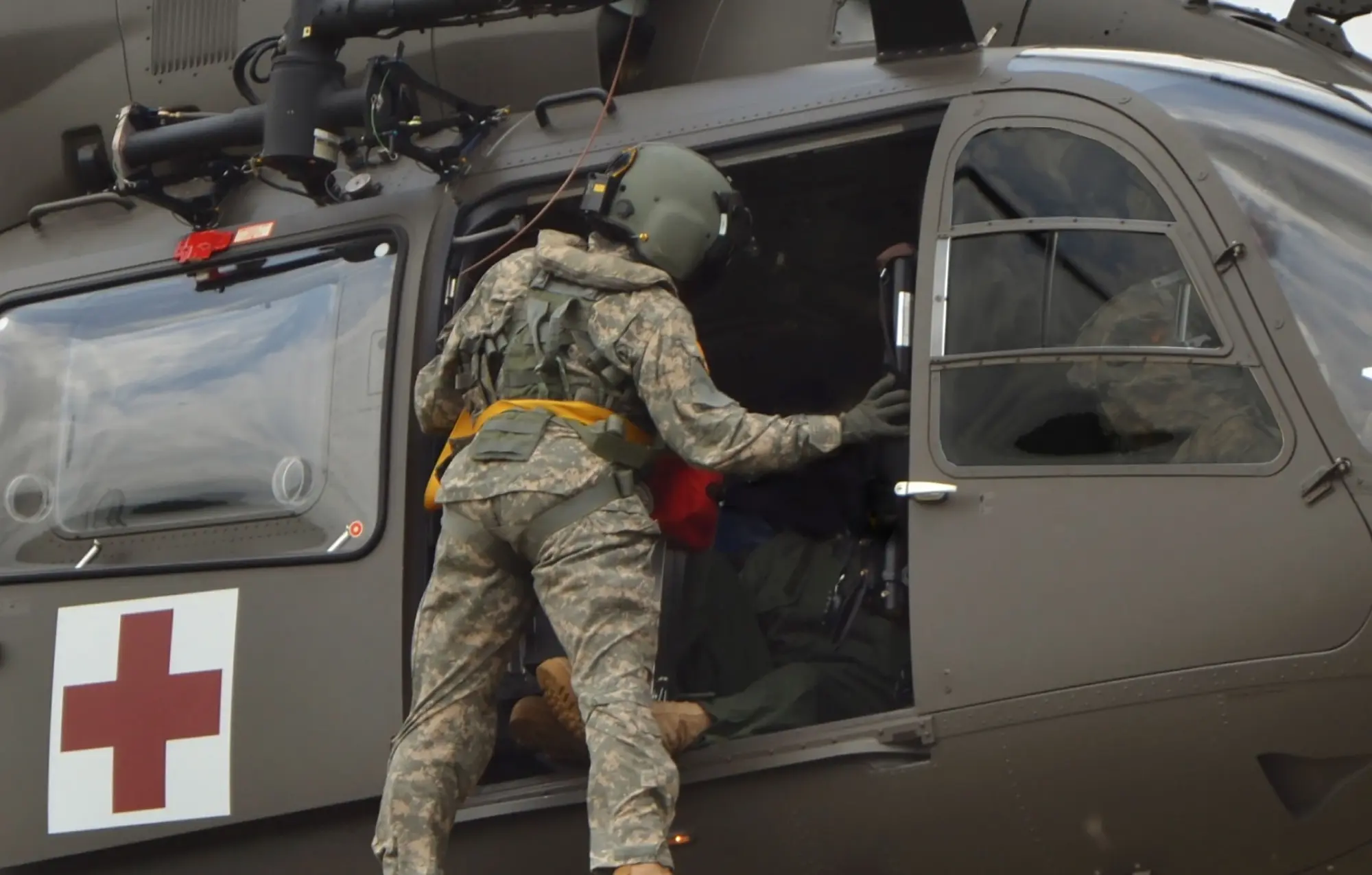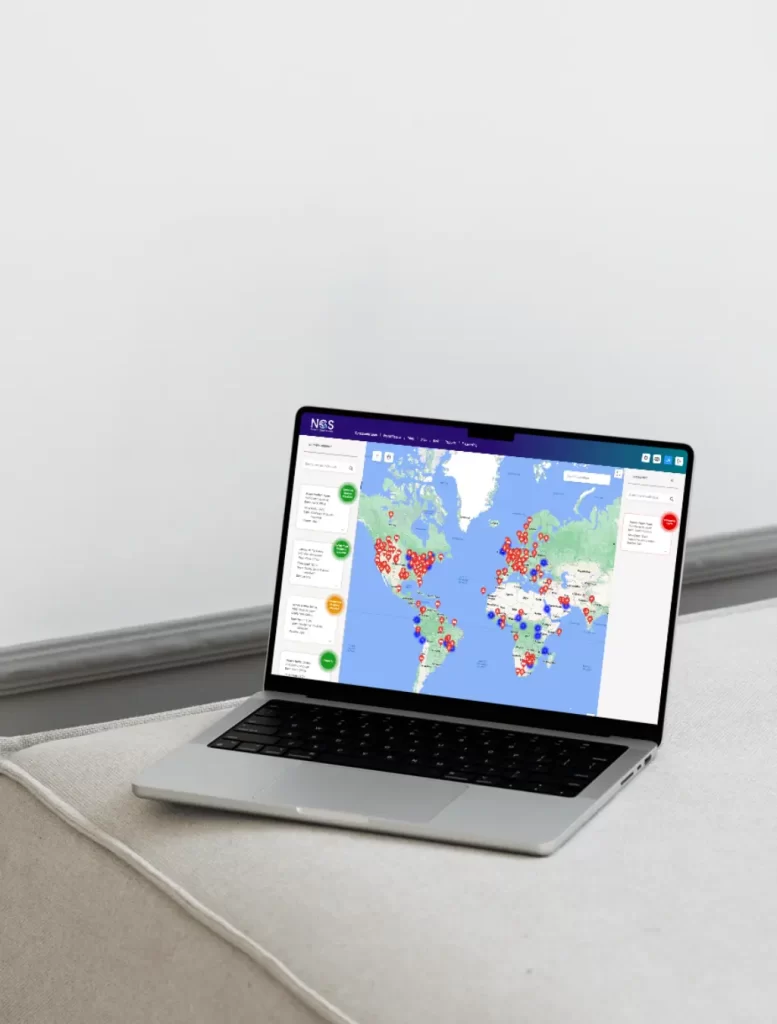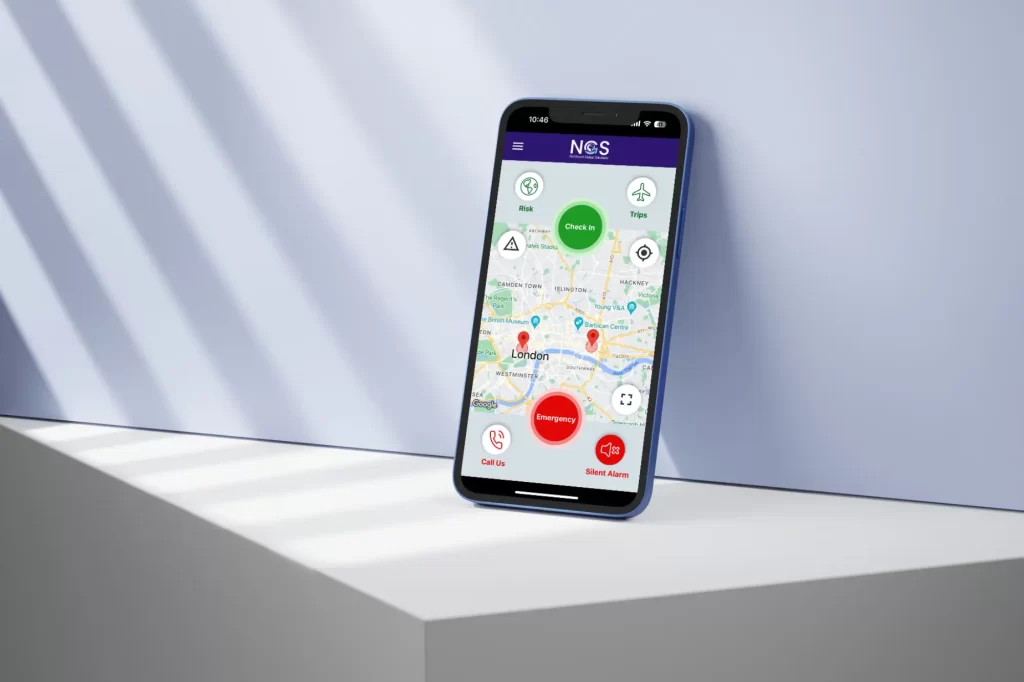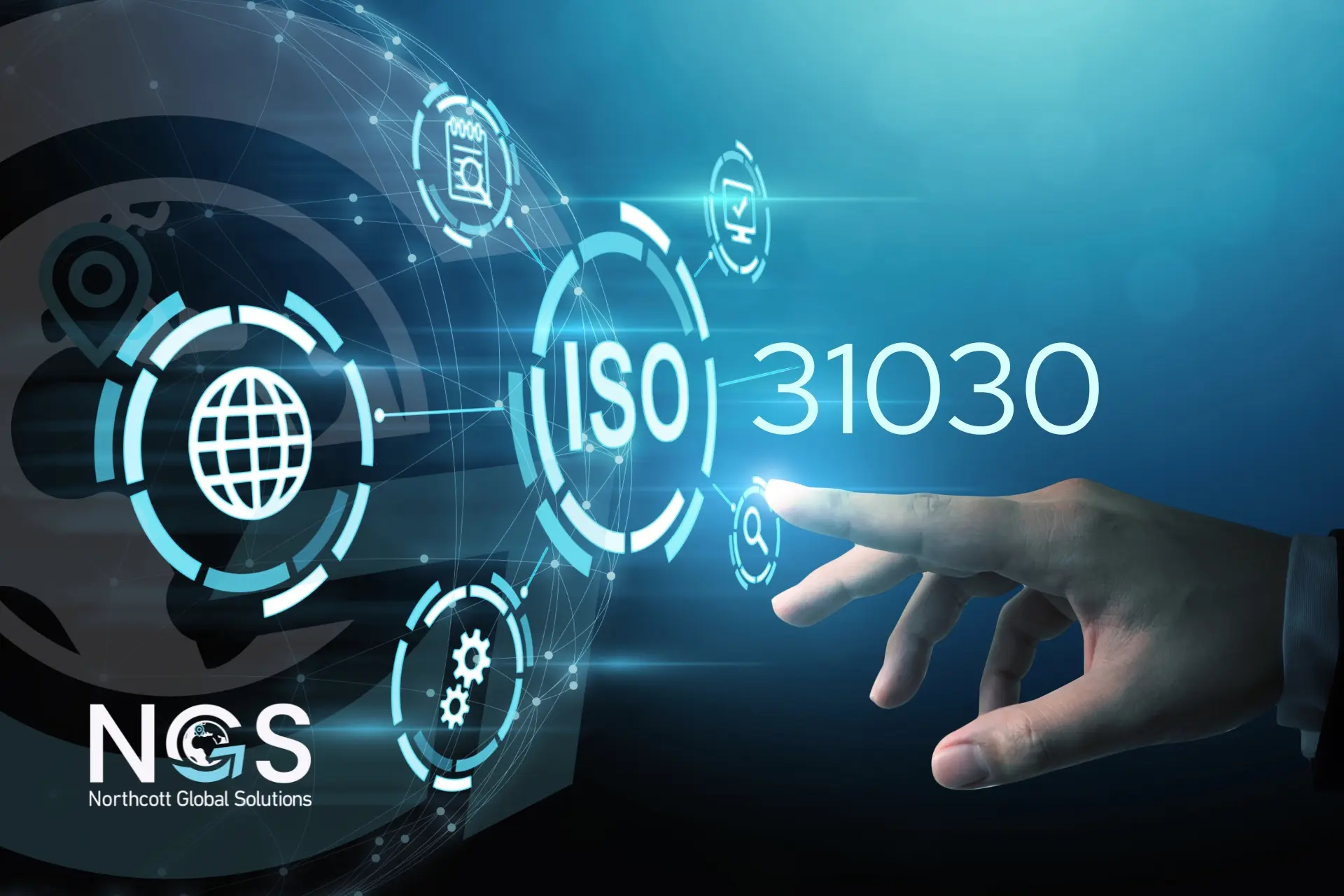As corporate travel increases, so do the associated risks. Protecting your employees and complying with duty of care requirements is critical to maintaining business continuity. This blog outlines essential travel security strategies that help corporate decision makers implement effective safety protocols for their teams.
Today’s corporate travellers face growing risks like political unrest, cybercrime, and unexpected health emergencies. Areas that were once stable can quickly become high-risk zones, while cyberattacks target employees accessing sensitive information while travelling. From natural disasters to pandemics, organisations need to be prepared for evolving threats that can disrupt operations and put their people at risk.
Duty of care means you have a responsibility to keep employees safe when they’re travelling for work. To meet legal obligations, companies need to follow standards like ISO 31030 to manage travel risks effectively. Ignoring this can lead to lawsuits, damaged reputations, and costly penalties. Prioritising travel security not only protects your people but also shields your organisation from legal and financial trouble, ensuring you remain compliant and secure.
A robust travel security plan is essential to ensure the safety of employees and mitigate risks during business travel. It allows companies to be proactive rather than reactive, protecting both staff and operations.

No security plan is complete without a comprehensive crisis management and emergency response strategy. Businesses must have evacuation plans, emergency contacts, and access to real-time medical and security assistance. In high-risk environments, where threats are more severe, NGS provides on-the-ground support, including personal protection and armed security when necessary. This layered approach ensures employees are safeguarded, and businesses can respond swiftly to emergencies.


One of the most effective ways to enhance travel security is by leveraging real-time tracking tools. These technologies allow businesses to monitor the exact location of their employees during travel, offering immediate insights into their safety. In high-risk regions, this is especially useful for responding quickly to any emergencies or changes in security conditions. Tracking can also help organisations make informed decisions if evacuations are needed, ensuring that no one is left behind.

During crises, secure communication is vital to ensure that sensitive information is not compromised. Companies need encrypted platforms to maintain contact with employees and provide real-time updates. Encrypted communication tools protect the flow of information, allowing for safe coordination in high-pressure situations. These systems ensure that employees are informed of safety protocols, helping to minimise risks and keep everyone connected during emergencies.
By utilising advanced technology, businesses can enhance their travel security strategies and ensure their people are protected wherever they go.
NGS offers bespoke risk management solutions tailored to the specific needs of your organisation, ensuring compliance with global standards like ISO 31030. By evaluating each destination, we identify potential risks such as political instability, environmental hazards, and health concerns. Our customised approach ensures your employees are well-prepared and protected, whether they are traveling to high-risk regions or attending international business events.

By partnering with NGS, your company benefits from comprehensive travel security services designed to protect your people and safeguard your operations.
Effective travel security strategies are a cornerstone of corporate risk management. By staying compliant with duty of care requirements and leveraging modern security tools, companies can protect their workforce and ensure seamless operations.
Contact NGS today to learn how our tailored travel security solutions can enhance your corporate security strategy.